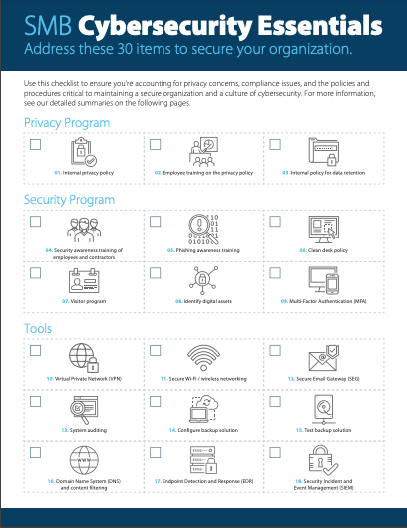The financial industry is one of the most heavily regulated industries in the world. Cybersecurity is an area that has been receiving increased attention in recent years, as cyber threats become more prevalent. The financial industry is a prime target for cyber criminals due to the vast amount of sensitive data that financial institutions handle. In this article, we’ll explore the top 5 cybersecurity regulations in the financial industry.
1. The Gramm-Leach-Bliley Act (GLBA)
The GLBA is a federal law that requires financial institutions to protect the privacy of their customers’ personal information. It requires financial institutions to develop, implement, and maintain a comprehensive information security program. This includes the safeguarding of customer information, the identification of potential risks, and the protection against unauthorized access to customer information.
2. The Payment Card Industry Data Security Standard (PCI DSS)
PCI DSS is a set of security standards designed to ensure that all companies that accept, process, store, or transmit credit card information maintain a secure environment. Financial institutions are required to comply with these standards to ensure the protection of customer credit card information. Failure to comply can result in significant fines and loss of customer trust.
3. The Federal Financial Institutions Examination Council (FFIEC) Cybersecurity Assessment Tool
The FFIEC Cybersecurity Assessment Tool is a set of guidelines designed to help financial institutions assess their cybersecurity preparedness. It provides a framework for identifying, mitigating, and managing cybersecurity risks. Financial institutions are required to conduct periodic assessments using the FFIEC Cybersecurity Assessment Tool and report their results to regulatory agencies.
4. The New York State Department of Financial Services (NYDFS) Cybersecurity Regulation
The NYDFS Cybersecurity Regulation is a set of regulations that require financial institutions operating in New York to implement a comprehensive cybersecurity program. It includes requirements for risk assessment, data encryption, and incident response planning. Financial institutions must also maintain a written cybersecurity policy and provide regular cybersecurity training to employees.
5. The European Union General Data Protection Regulation (GDPR)
The GDPR is a set of regulations designed to protect the privacy of European Union citizens’ personal data. Financial institutions that handle the personal data of European Union citizens must comply with these regulations. This includes requirements for data protection, breach notification, and the appointment of a data protection officer.
Conclusion
The financial industry is a prime target for cyber criminals due to the vast amount of sensitive data that financial institutions handle. Cybersecurity regulations are in place to protect this data and ensure that financial institutions are adequately prepared to handle cyber threats. The top 5 cybersecurity regulations in the financial industry are the Gramm-Leach-Bliley Act (GLBA), the Payment Card Industry Data Security Standard (PCI DSS), the Federal Financial Institutions Examination Council (FFIEC) Cybersecurity Assessment Tool, the New York State Department of Financial Services (NYDFS) Cybersecurity Regulation, and the European Union General Data Protection Regulation (GDPR). It is important for financial institutions to understand these regulations and ensure that they are in compliance to protect their customers’ data and maintain trust.
FAQs
What is the Gramm-Leach-Bliley Act (GLBA)? The GLBA is a federal law that requires financial institutions to protect the privacy of their customers’ personal information. It requires financial institutions to develop, implement, and maintain a comprehensive information security program.
What is the Payment Card Industry Data Security Standard (PCI DSS)? PCI DSS is a set of security standards designed to ensure that all companies that accept, process, store, or transmit credit card information maintain a secure environment.
Download this
Cybersecurity Essentials
Checklist
to make sure your business is safe from all types of cyber attacks.
By downloading this, you are agreeing to get emails from us. We promise, we will not spam you. And you are free to unsubscribe anytime you want. We hope you won't do as we have more awesome content comin!

